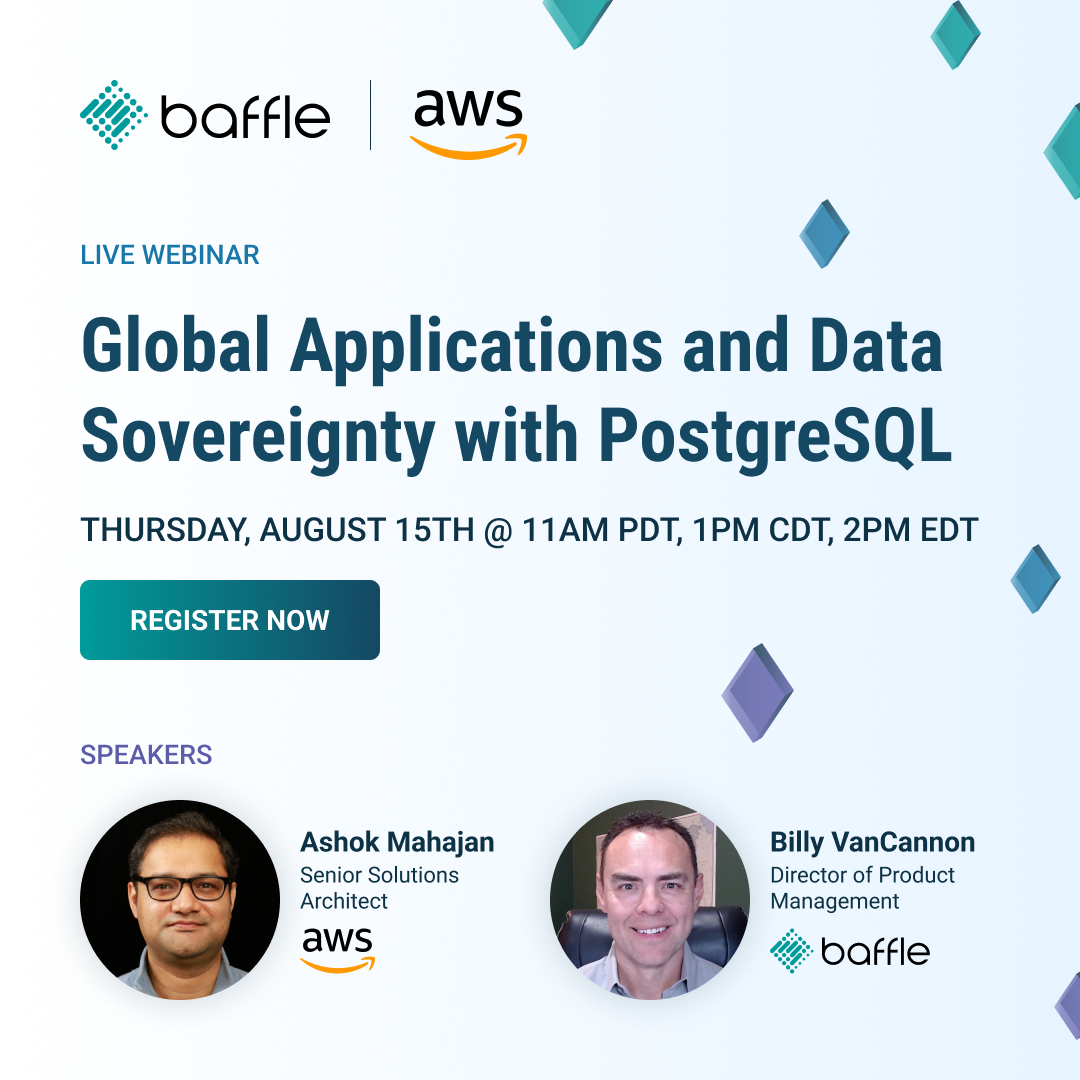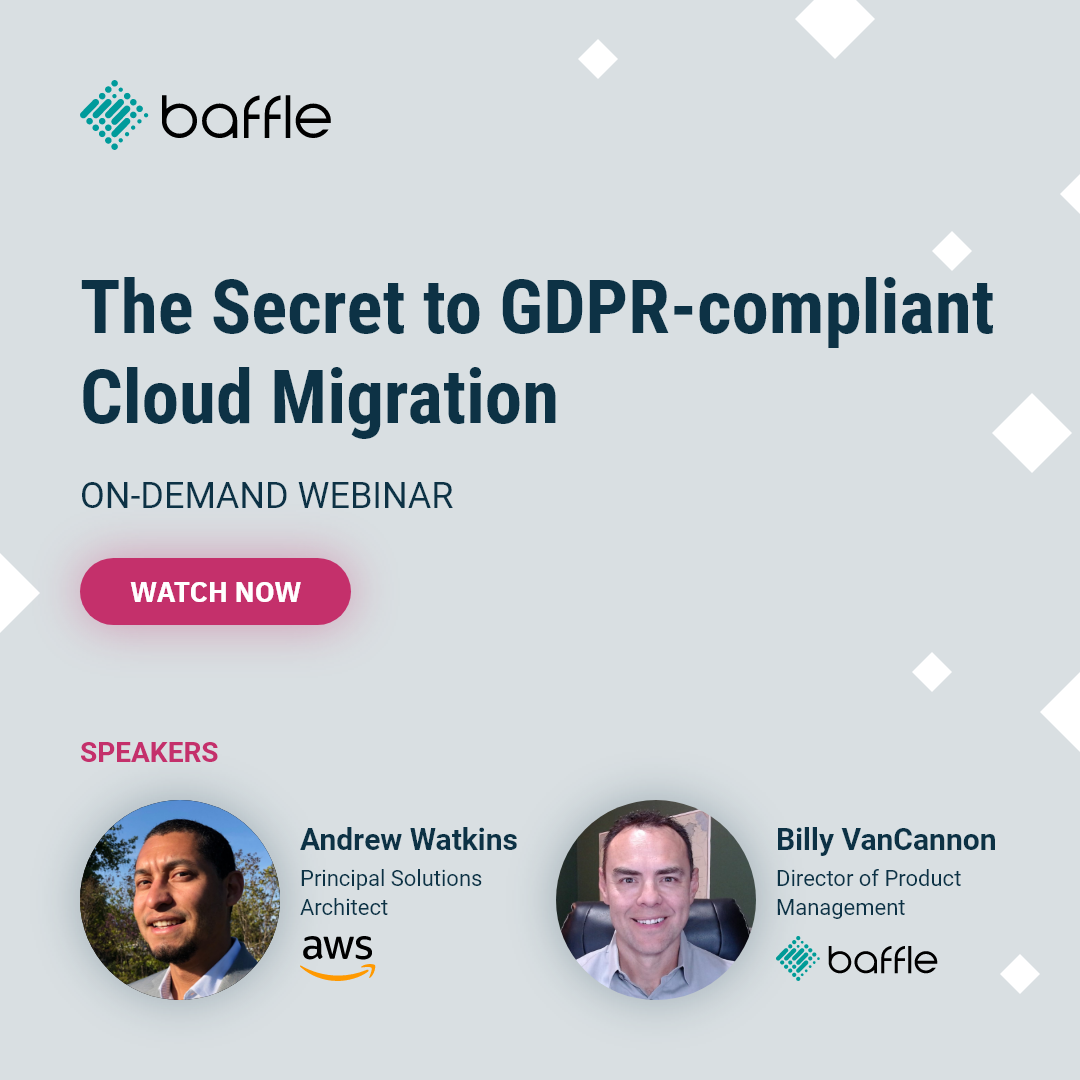Table of Contents
What is SOX?
The Sarbanes-Oxley Act (SOX) is a U.S. federal law enacted in 2002 to protect investors from fraudulent financial reporting by corporations. It mandates stringent reporting requirements for public companies and sets new standards for corporate governance, auditor independence, and internal controls.
Key Provisions of SOX
- Section 404: Requires management to assess and report on the effectiveness of internal controls over financial reporting.
- Section 302: Requires CEOs and CFOs to certify the accuracy of financial reports.
- Auditor Independence: Enhances auditor independence by imposing restrictions on non-audit services provided by auditors.
- Whistleblower Protection: Protects employees who report suspected fraud.
SOX Compliance Challenges
Achieving and maintaining SOX compliance can be complex and time-consuming. Key challenges include:
- Extensive Documentation: SOX requires meticulous documentation of internal controls and processes.
- Ongoing Monitoring and Testing: Internal controls must be continuously monitored and tested for effectiveness.
- IT System Integration: SOX often requires integration of IT systems to support financial reporting and controls.
- Cost and Resources: Compliance can be costly and resource intensive.
Best Practices for SOX Compliance
- Risk Assessment: Identify potential risks to financial reporting and implement controls to mitigate them.
- Documentation: Develop clear and comprehensive documentation of internal controls.
- Segregation of Duties: Separate duties to prevent fraud and errors.
- Access Controls: Implement robust access controls to protect financial data.
- Change Management: Establish a change management process to assess the impact of changes on internal controls.
- Regular Testing: Conduct regular testing of controls to ensure their effectiveness.
- Employee Training: Educate employees about their role in SOX compliance.
- Independent Audit: Engage an independent auditor to assess compliance.
Conclusion
SOX compliance is essential for public companies to maintain investor confidence and avoid costly penalties. By implementing effective internal controls, maintaining thorough documentation, and staying updated on regulatory changes, organizations can achieve and sustain SOX compliance.
Additional Resources
Webinar: Global Applications and Data Sovereignty with PostgreSQL
Webinar: The Secret to GDPR-compliant Cloud Migration
Schedule a Demo with the Baffle team
Meet with Baffle team to ask questions and find out how Baffle can protect your sensitive data.
Easy
No application code modification required
Secure
AES cryptographic protection
Fast
Deploy in hours not weeks
Control
Bring your own keys to protect your data in any cloud infrastructure
Protect PII
Anonymize all sensitive data and make data breaches irrelevant
Compliant
Easily conform with the latest requirements of PCI, GDPR, CCPA, NIST, and more.

